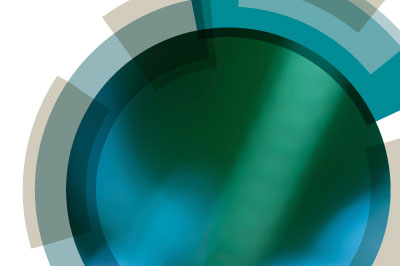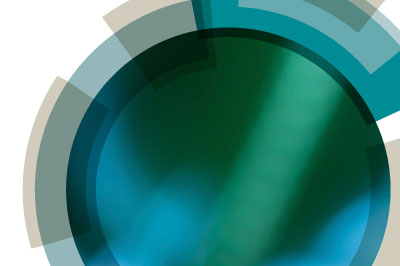The course will provide an introduction to the gases used in gas chromatography and will examine and discuss your laboratory gas supply, including gases used, configuration and supply.
The course will discuss gas supply problems and how to identify potential leak points in your system; from the gas source through the instrument. The course also teaches how to carry out preventative maintenance to avoid leaks.
We look at GC gas control; including an examination and explanation of 'total flow' and it's use in leak identification, along with the steps in the isolation and pressure testing of the inlet & EPC.
The course also covers Mass Spectrometers and other vacuum detectors, looking at the vacuum system within the instrumentation, the types of leaks, where they occur and how to check for them.
Finally, we look at gas-friendly methods and how to ensure that the instruments are using lower gas flows when not in use through gas saver techniques and standby methods; how to implement these into current methods and the associated potential cost savings.
As these practical exercises take place in your laboratory on your gas supply and instrumentation, we will help you to fix as many problems as possible throughout the course, but cannot promise to fix all problems in the time available!
Learning outcomes
The course will discuss gas supply problems and how to identify potential leak points in your system; from the gas source through the instrument. The course also teaches how to carry out preventative maintenance to avoid leaks.
We look at GC gas control; including an examination and explanation of 'total flow' and it's use in leak identification, along with the steps in the isolation and pressure testing of the inlet & EPC.
The course also covers Mass Spectrometers and other vacuum detectors, looking at the vacuum system within the instrumentation, the types of leaks, where they occur and how to check for them.
Finally, we look at gas-friendly methods and how to ensure that the instruments are using lower gas flows when not in use through gas saver techniques and standby methods; how to implement these into current methods and the associated potential cost savings.
As these practical exercises take place in your laboratory on your gas supply and instrumentation, we will help you to fix as many problems as possible throughout the course, but cannot promise to fix all problems in the time available!
Learning outcomes
- You will learn about the gases used in gas chromatography
- You will learn about laboratory gas supply
- You will have practical experience of how to identify potential leak points in the gas supply
- You will have practical experience of how to identify potential leak points in the instrument
- You will have practical experience of performing maintenance to avoid leaks
- You will learn about gas control
- You will learn about vacuum systems in Mass Spectrometers
- You will learn and implement various techniques to optimise gas usage










